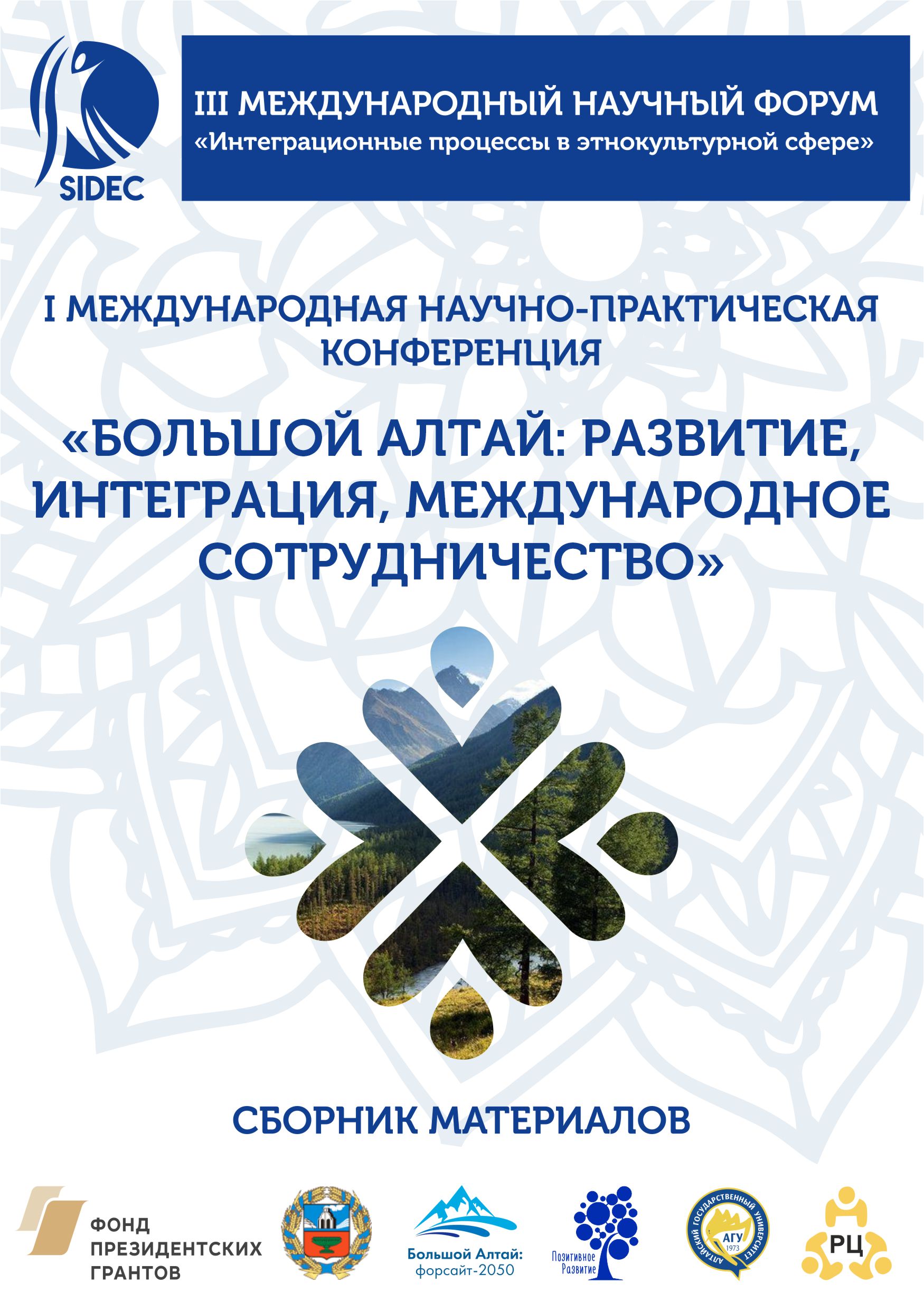SOCIAL CAPITAL AND ITS NEW SOUND IN THE FRAMEWORK OF THE INFORMATION SOCIETY
Main Article Content
Abstract
In this work, the author would like to analyze the evolution of social capital as a term of scientific knowledge within the framework of the humanities. Trust and the strength of interactions in society are always the main foundation for the formation of social capital. In the process of complication of public relations, interrelationships in society were transformed and developed, going beyond territorial and national affiliation and today reaching global proportions. The development of modern information technologies served as an impetus for the modernization and expansion of the influence of social capital on many processes taking place in the world. The interconnection and interpenetration of human capital into social capital in the information space is growing. The vector of movement and development of social capital, within the rapidly changing picture of the world, is important for predicting the development of economic and social processes in the world and is an indicator of the level of development and stable functioning of society.
Downloads
Download data is not yet available.
Article Details
How to Cite
[1]
Grishanova, M.A. 2021. SOCIAL CAPITAL AND ITS NEW SOUND IN THE FRAMEWORK OF THE INFORMATION SOCIETY. Social Integration and Development of Ethnic Cultures in the Eurasian Space. 2, 10 (Aug. 2021), 87-94.
Section
Статьи
References
Токвиль А. Демократия в Америке / Пер. с франц. / Предисл. Гарольда Дж. Ласки. М.: Прогресс, 1992. 554 с.
Hanifan L. J. «The Rural School Community Centre» // Annals of the American Academy of Political and Social Sciences. 1916. Vol. 67, P. 130–138.
Философия: Учебник для вузов / Под ред. проф. В. Н. Лавриненко, проф. В. П. Ратникова. 3-е изд., перераб. и доп. М.: ЮНИТИ-ДАНА, 2005. С. 372–420.
Bourdieu P. The forms of capital. In: Richardson, Handbook of Theory and Research for the Sociology of Education, Greenwood Press, New York, 1986. P. 311–356.
Бурдье П. Социология социального пространства / Пер. с франц.; отв. ред. перевода Н. А. Шматко. М.: Институт экспериментальной социологии; СПб.: Алетейя, 2007.
Социальная стратификация и мобильность. // Питирим Сорокин. «Человек. Цивилизация. Общество». (Серия «Мыслители XX века»). М., 1992. С. 302–373.
Коулмен Дж. Капитал социальный и человеческий // Общественные науки и современность. 2001. № 3. С. 121–139.
Портес А. Неформальная экономика и ее парадоксы // Экономическая социология. 2003. Т. 4. № 5. С. 34–53.
Hanifan L. J. «The Rural School Community Centre» // Annals of the American Academy of Political and Social Sciences. 1916. Vol. 67, P. 130–138.
Философия: Учебник для вузов / Под ред. проф. В. Н. Лавриненко, проф. В. П. Ратникова. 3-е изд., перераб. и доп. М.: ЮНИТИ-ДАНА, 2005. С. 372–420.
Bourdieu P. The forms of capital. In: Richardson, Handbook of Theory and Research for the Sociology of Education, Greenwood Press, New York, 1986. P. 311–356.
Бурдье П. Социология социального пространства / Пер. с франц.; отв. ред. перевода Н. А. Шматко. М.: Институт экспериментальной социологии; СПб.: Алетейя, 2007.
Социальная стратификация и мобильность. // Питирим Сорокин. «Человек. Цивилизация. Общество». (Серия «Мыслители XX века»). М., 1992. С. 302–373.
Коулмен Дж. Капитал социальный и человеческий // Общественные науки и современность. 2001. № 3. С. 121–139.
Портес А. Неформальная экономика и ее парадоксы // Экономическая социология. 2003. Т. 4. № 5. С. 34–53.

